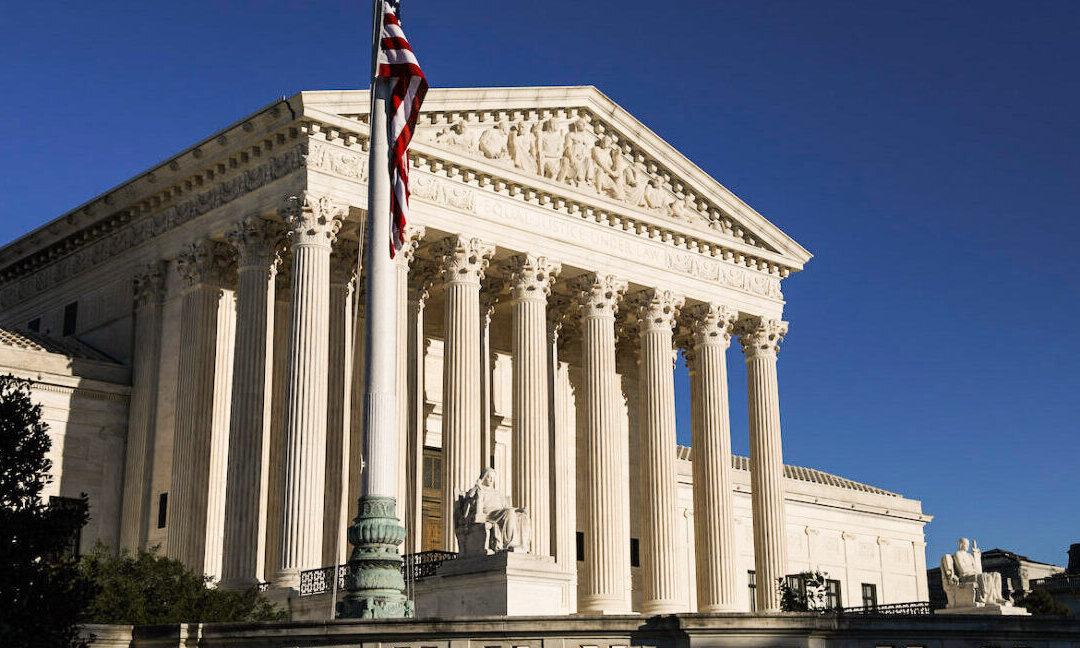Government workers involved in four separate lawsuits are asking the Supreme Court to compel labor unions to return forced fees illegally seized from their paychecks that they say the unions refused to refund after losing a major case in 2018.
The appeal from a ruling by the U.S. Court of Appeals for the 9th Circuit, Brice v. California Faculty Association, was filed with the Supreme Court last week, a spokesperson for the National Right to Work Legal Defense Foundation told The Epoch Times. As of press time, it didn’t appear to have been docketed yet by the high court.





